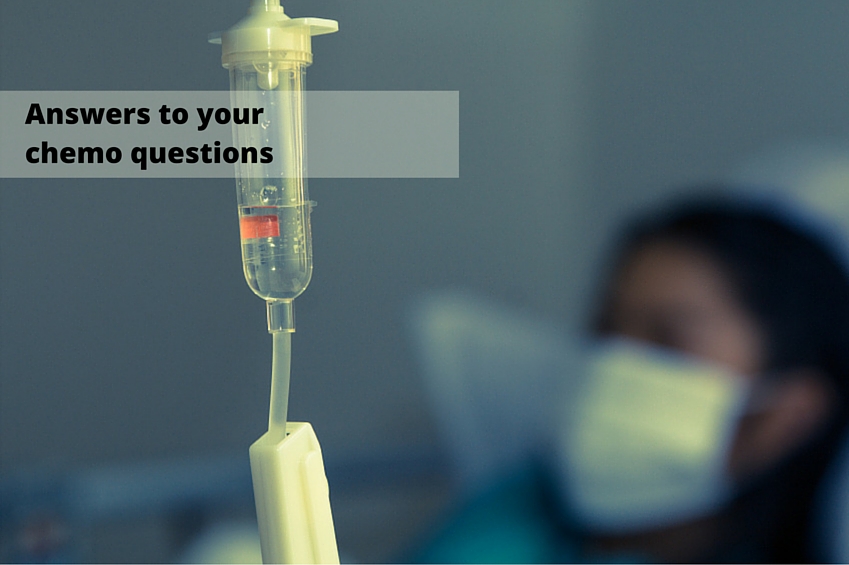People often speak about “chemo” as if it were a specific medication like penicillin. In fact, chemotherapy drugs vary widely and which one you will take and how, when, where and why you will take it will depend on your individual treatment plan.
“The treatment of cancer has changed dramatically over the last decade. We now can offer personalized medicine which targets an individual’s specific tumor type, so just as no two people are alike, their tumors respond differently based on their genetic make-up,” says Dr. Christy Sapp, a medical oncologist with OHC. “This has revolutionized the treatment of cancer today.”
In light of that, here are a few key points Dr. Sapp says patients and their families should keep in mind:
You are unique. So is your chemotherapy treatment. Your type, tumor composition, stage of cancer, overall health, previous cancer treatment and individual goals and preferences all factor into the chemotherapy treatment you and your doctor choose.
Chemotherapy drugs can be given in different ways. Chemotherapy is most often given as an infusion into a vein (intravenously), but they can also be injected as shots, applied as creams or gels or, increasingly, taken in pill or capsule form. In some cases chemotherapy drugs can be used to treat a specific area of the body or administered directly to a tumor or to the surgical site where a tumor was removed. How the drugs are administered depends on what is prescribed.
Where you are treated will depend on your therapy. While most chemotherapy is administered in an outpatient chemotherapy unit, it can also be administered in a doctor’s office or in the hospital. If your doctor has prescribed a pill, you will probably take it at home.
The frequency and timing of treatment will vary. Chemotherapy may be given either before or after surgery or radiation, or as a stand-alone treatment. It really depends upon your cancer and treatment goals. For example, your doctor may prescribe chemotherapy to cure your cancer, to keep it from spreading, to slow its growth or to kill cancer cells that may have spread to other parts of the body.
Likewise when you the frequency of your treatments will depend on the type of drug you are taking, how your cancer responds to it and how well you tolerate the therapy.
Side effects may not emerge immediately. Side effects are a common and serious part of chemotherapy, but many can be prevented or treated. While frequent side effects (including nausea, vomiting, diarrhea, hair loss, loss of appetite and fatigue), often subside after treatment ends, others may emerge months or even years after therapy has ended.
“Your cancer journey should be coordinated by your oncologist and health team members to support you and coordinate your care. It is important that the patient and their caregiver be an active participant so that all of their questions and concerns are answered,” says Dr. Sapp.
For more information, the American Cancer Society’s Guide to Chemotherapy is a helpful resource.

